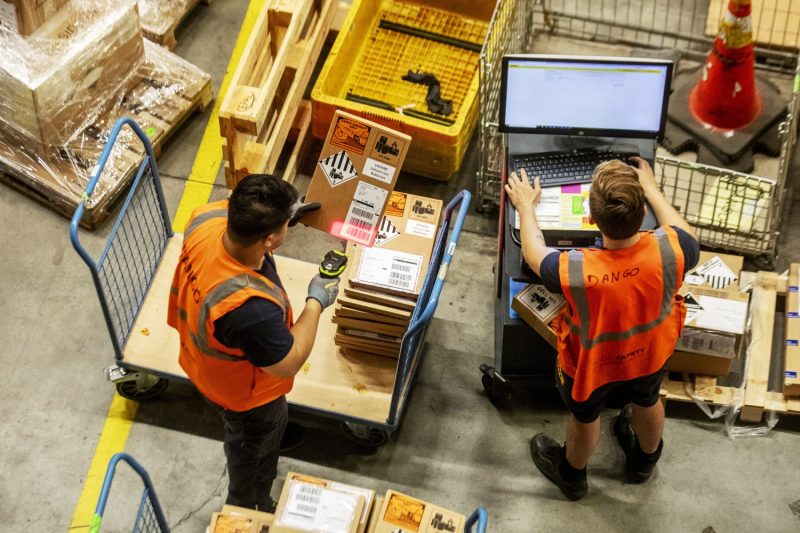In our interconnected world, the fragile web of global commerce is particularly vulnerable to a single instance of failure. This delicate network relies on an intricate system of communication, travel, trade, and finance. Every element within this web is connected, and a single shake in one corner can send shock waves across the world.
Firstly, let’s delve into the role of communication in global commerce. As the world converges towards a digital economy, business transactions have migrated from physical marketplaces to a digital landscape, heavily reliant on the internet. In this respect, a single malfunction in major internet servers could halt communication between businesses and customers. We’ve already witnessed instances of this, such as when Amazon Web Services (AWS) experienced an outage, causing a large portion of the internet to go dark. Businesses relying on AWS for hosting their web services suddenly found themselves unable to engage with their customers, leading to a significant impact on revenue.
Travel and trade logistics make up another crux of this global web. The recent Suez Canal crisis reflects how a single point of failure can threaten global commerce. A single cargo ship, the Ever Given, blocked the transit of goods through the Suez Canal, disrupting about 12% of the total global trade for almost a week. The disruption caused a massive domino effect, impacting supply chains across continents. Prices shot up as goods became scarce, and businesses faced the risk of hefty losses.
The world of finance is equally susceptible to such domino effects. For instance, a default on a single major debt can send shares and currencies spiralling downwards. Look for proof no further than the 2008 financial crisis triggered by the subprime mortgage crisis in the United States. Within a remarkably short timeframe, financial markets worldwide crashed, causing unprecedented economic damage. This crisis serves as a reminder of how interlinked and vulnerable the global financial system is.
Additionally, the dynamics of global politics play a pivotal role in commerce. A policy decision made in one country can have a significant impact on global trade. For instance, the US and China trade war created volatility in commodity prices, disrupted trade balances, and adversely affected global commerce. Such disruptions to the trade environment can cause businesses to falter if they are not adequately prepared.
Then there’s the role of public health crises – one of the most glaring examples of how a single failure (uncontrolled virus outbreak) can upend the entire global economy. The COVID-19 pandemic has had cascading effects on all aspects of commerce, from the closure of physical businesses to the interruption of international trade and the destabilisation of global financial markets.
It’s clear from all these instances that the web of global commerce is thoroughly interconnected. A single point of failure can trigger a domino effect, leading to a worldwide disruption. The resulting economic fallout can be both immediate and long-term, ranging from increased costs and lost revenues to recessions and financial crises.
As such, it’s crucial for businesses to develop robust risk management strategies that consider these potential points of failure. It’s also essential for governments and international organizations to facilitate cooperation and enforce regulations aimed at stabilising and robustifying the fragile network of global commerce. Only by acknowledging the interconnectedness of our world can we begin to make it more resilient to shocks and stresses.




